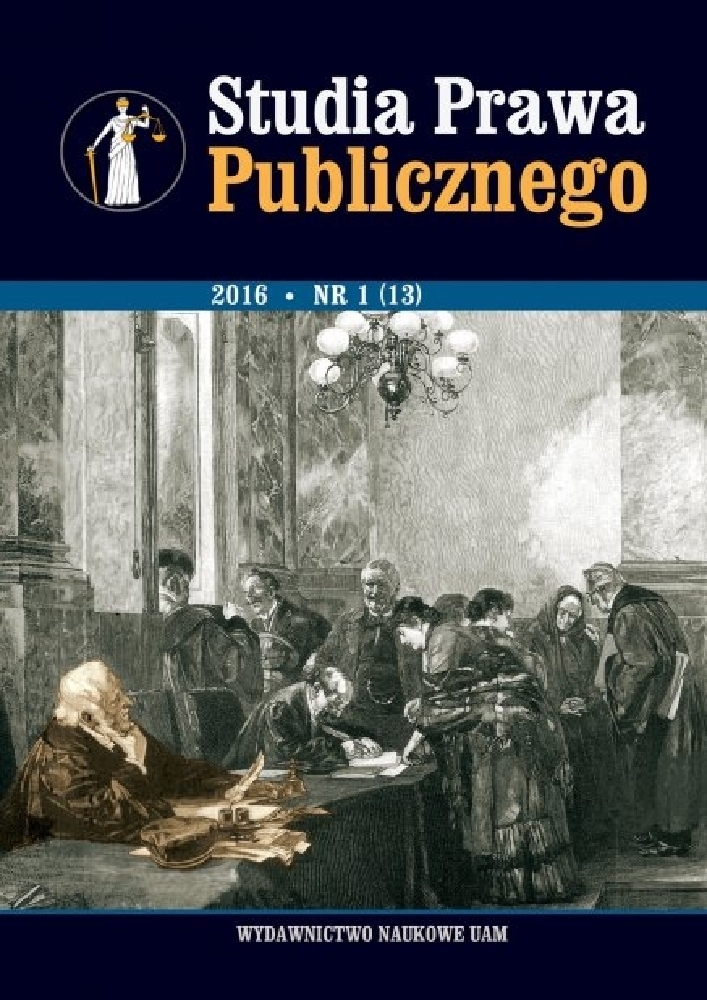Abstrakt
Electronic participatory budgeting is becoming an important element of social consultations. The legal ground for its operation at the municipal level is provided in Article 5a of the Act of municipal self-government. The organisation of participatory budgeting is a manifestation of direct democracy that allows citizens to express their approval or disapproval of the actions taken by local authorities. It also reflects the level of citizen e-participation in public life. In Poland e-participation is still at a developing stage and therefore needs to be further researched in comparative studies. This article is an attempt to determine whether in the largest cities in Poland e-participation is used in voting on city budgets and if the answer if in the affirmative, which e-tools are available and used, and to what extent. By analysing relevant and applicable legislation, the possibility of electronic filing of projects as well as the number of e-voters have been researched. All budgeting processes taking place in Warszawa, Kraków, Łódź, Wrocław and Poznań since 2015, when the project started, have been examined. Citizen participatory budgeting as such started in Poland in 2011. However, the largest cities continue to encounter difficulties in their proper implementation. Resorting to electronic tools has not helped much, what is more, some municipal bodies, for the sake of least complexity, sometimes resign even from the use of electronic signature. If this is the case, a question may be asked about the reason for such poor e-participation of Polish citizens in this one of the few anyway, forms of e-participation available in Poland.Licencja
Prawa autorskie (c) 2019 Justyna Matusiak

Utwór dostępny jest na licencji Creative Commons Uznanie autorstwa – Użycie niekomercyjne – Bez utworów zależnych 4.0 Międzynarodowe.
